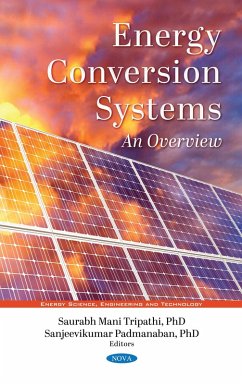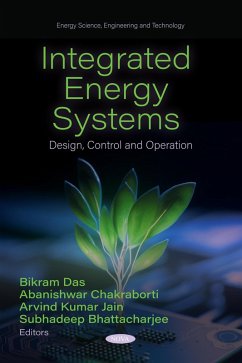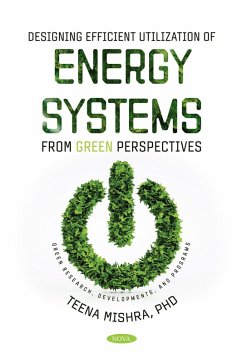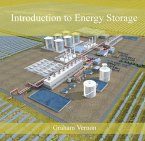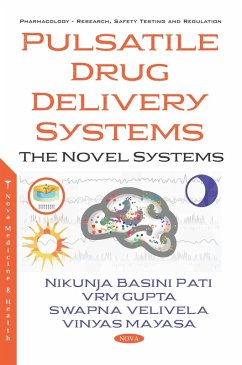This book is primarily for undergraduates, graduates and research scholars working in the field of energy storage systems. The book details the mathematical and experimental analysis of energy storage systems and can be referenced by different engineering sectors, including: mechanical, chemical, civil and energy engineering, and is equally important for scholars of physics and chemistry. Various aspects of thermal energy storage systems are described, such as lithium-ion batteries, nuclear reactors, latent heat storage with PCM embedded porous media, CCHP with TESS, PCM in solar collectors, and grain dryers. Chapter one provides an overview of the development of various kinds of cathodes and anodes. In short, this chapter is an outline of the development stages of Li-ion battery electrochemistry, discussing the commercial success and current challenges in the field with mitigation strategies, as well as the future of Li-ion batteries. In the system described in chapter two, a high-nuclear high-temperature reactor supplies constant power to the thermal energy storage unit of molten lithium chloride salt, which provides the required thermal energy for a closed energy conversion system of the Bryton cycle. During regular operation, the thermal energy storage unit stores heat overnight for use during peak demand periods in the day. In this case, the nuclear reactor remains at a constant level of thermal capacity. A detail of energy storage in PCM embedded with porous media is presented in chapter three, and the applications of such systems are presented in chapter four. PCM has gained the attention of researchers due to longer thermal recycling and chemical stablity. Moreover, high latent heat copacity is one of the most significant aspects contributing to the polularity of PCMs, and the low thermal conductivity of PCMs limits their usage in many thermal applications and can be improved by using porous media as an embedded material. Chapter five delineates the optimal working point of a system consisting of several independent units capable of trading electricity based on the consumption of various fuels. The utilization of a heat storage tank was determined using a genetic algorithm, and the modeling accuracy was compared. Chapters six and seven present a clear understanding of the working and investigation procedures of natural convection grain dryers. This book will be helpful for understanding the fundamentals of thermal energy storage systems.
Dieser Download kann aus rechtlichen Gründen nur mit Rechnungsadresse in A, B, BG, CY, CZ, D, DK, EW, E, FIN, F, GR, HR, H, IRL, I, LT, L, LR, M, NL, PL, P, R, S, SLO, SK ausgeliefert werden.



